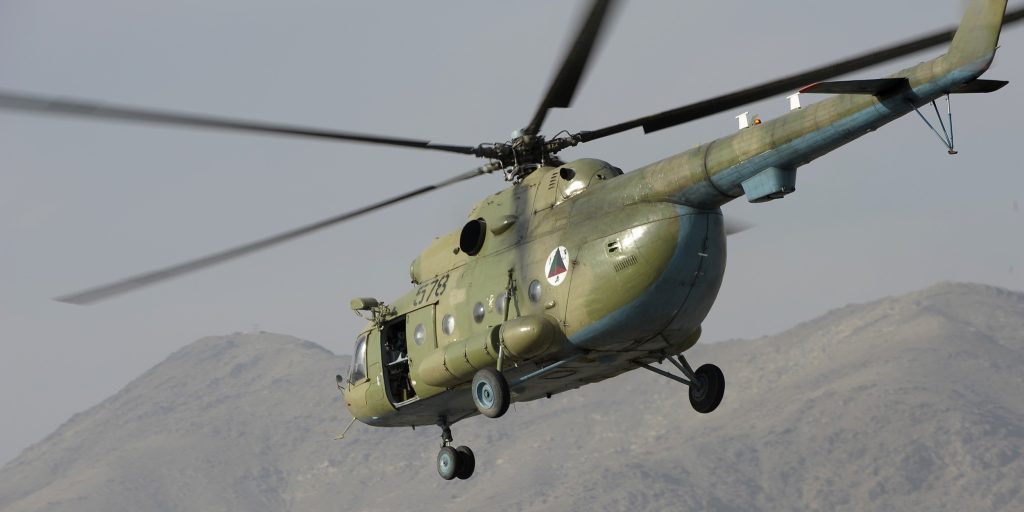Among the destroyed assets were T-62M tanks.
Others are reading now
In a significant blunder, a Russian Ka-52 helicopter has destroyed a convoy of its own military equipment in the Kursk Oblast, near the border with Ukraine.
The incident, which highlights the ongoing chaos and confusion within the Russian military, was reported by a Russian military blogger known as “Fighterbomber” on Telegram.
Russian Equipment Mistakenly Targeted
According to Tech the blogger initially claimed that the destroyed equipment belonged to Ukrainian forces. However, it was later confirmed that the tanks and other machinery were, in fact, Russian. Among the destroyed assets were T-62M tanks, a model that dates back to the 1980s and has been updated from its original 1960s design.
This incident comes amid increasing Ukrainian maneuvers in the Kursk region, a bold strategy that has seen up to 1,000 Ukrainian soldiers crossing into Russian territory.
Also read
These forces have reportedly destroyed several Russian assets, including a Ka-52 helicopter, adding to the significant losses faced by the Russian military.
Outdated Russian Tanks Exposed
The presence of T-62M tanks in Kursk suggests issues within the Russian military regarding the availability of more modern equipment. Analysts, including Polish defense expert Jarosław Wolski, have pointed out that Russia might be refurbishing these outdated tanks with parts acquired from North Korea.
Despite these efforts, the T-62M tanks do not meet current military standards and are vulnerable to the advanced weaponry used by Ukrainian forces.
The T-62M, equipped with a 115mm cannon and a 600 horsepower engine, is heavily outdated. Even with reactive armor upgrades, these tanks offer insufficient protection against modern weaponry.
The lack of advanced optoelectronics further diminishes their combat effectiveness, leaving crews “blind” and unable to detect enemies in low-light conditions.



